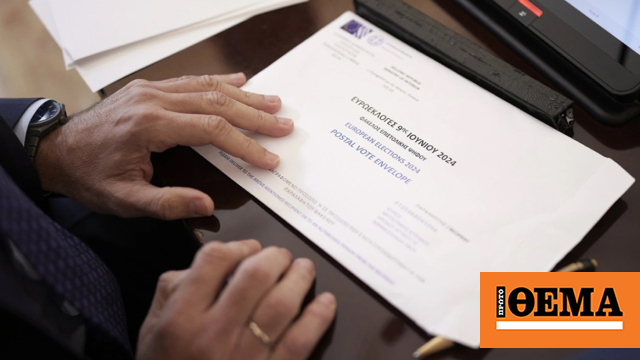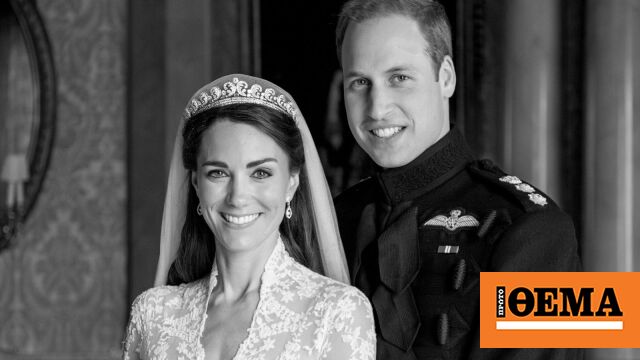
In the race to win the title of European capital in its sector artificial intelligence They have undressed France And Britain. French President Emmanuel Macron and British Prime Minister Rishi Sunak have laid out their visions in recent weeks, claiming the lion’s share of the promising ones. Artificial intelligence technology. “I think we are number one (in artificial intelligence) in continental Europe and we have to hurry,” Macron said at the annual Viva Tech technology conference in France on June 18, while a few days earlier Sunac was promoting the UK as “the home of Global.” ‘Artificial Intelligence Safety Regulation’ at London Technology Week.
Artificial intelligence is revolutionary and therefore of strategic importance to governments all over the world. The buzz around the new technology has been sparked in part by ChatGPT, which is supported by Microsoft’s OpenAI. It has also been a source of technology tensions between the US and China, as countries around the world try to exploit the potential of their most important technologies. So who is leading the race for the AI ’crown’ in Europe?
At VivaTech in Paris, Macron announced $562 million in new funding to create new AI “champions,” while before 2022 he promised to inject $1.6 billion into AI in a bid to catch up in the US and Chinese markets. “We will invest in education and research,” Macron told CNBC, adding that France is well placed in the field of artificial intelligence because of its access to talent and tech startups.
The United Kingdom and France – with Germany also involved – have the potential to challenge the dominance of the US tech giants.
Along similar lines in March, the UK government pledged $1.3 billion for supercomputing and artificial intelligence research, with the ambition to become a “science and technology superpower”. Among other things, it aims to spend about $1.17 million to build a supercomputer capable of creating its own BritGPT to compete with OpenAI’s artificial intelligence chatbot.
The big difference between the UK and France is the regulatory framework for AI and the laws already in place that affect the technology. The European Union has its own artificial intelligence law, the world’s first comprehensive law passed by the European Parliament in June. France would be under the direct jurisdiction of the AI law, and it would not be surprising if the relevant French regulator, or a new regulatory body dedicated to AI, would take an “aggressive approach” to its enforcement. The UK government, rather than legislating on AI, has issued a “white paper” advising industry regulators on a “flexible” approach it says is “pro-innovation” and takes advantage of the relaxed Brexit regulatory framework.
Analysts see Britain and France as “likely equal” in terms of attractiveness in the AI industry. “There’s a good talent pool, AI research centers at Google and Facebook and a reasonable home market,” Nabla CEO Alexandre Lebrun told CNBC. If the UK adopts smarter law, it will surely defeat the European Union. He added that France. On the negative side for the country, the frequent political crises and instability that negatively affect the investment climate.
Industry insiders say the UK and France – with Germany joining – have the potential to challenge the dominance of the US AI giants, but that it will require a concerted and collective effort by Europe’s tech superpowers. To make a real impact, they need to leverage their collective resources, foster collaboration, and invest in growing a strong ecosystem.

“Avid problem solver. Extreme social media junkie. Beer buff. Coffee guru. Internet geek. Travel ninja.”

)



More Stories
In SMERC of Nikos Karamouzis the percentage of the continental bottling industry
An unpleasant development with all aircraft: and in Greece – what will happen in May
Look how they trampled on her like that..